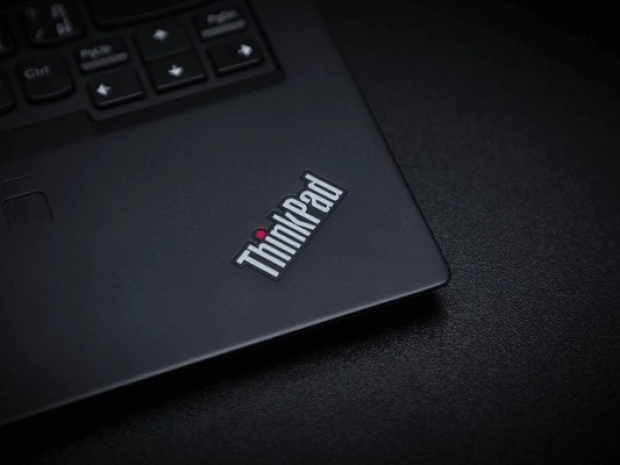For the first quarter of its 2025–26 fiscal year, the firm raked in $18.8 billion in revenue, a 22 per cent jump compared to last year. Profit more than doubled to $505 million, thanks in no small part to the company’s PC and smart devices division, which just posted its fastest growth in nearly four years and bagged a record 24.6 per cent of the global market.
More than 30 per cent of the company’s PCs shipped in the quarter were AI PCs, giving it what it claims is a 31 per cent market share in the Windows AI PC segment. Lenovo is hoping buyers will fall for the marketing and treat “AI” as a must-have rather than a meaningless sticker on a cardboard box.
According to Lenovo, an AI PC comes with a dedicated chip to run AI tasks locally without needing to phone home to the cloud. Whether punters use these features is another matter.
Lenovo’s hybrid AI pitch is to link AI-capable devices with AI-heavy back-end kit, letting it flog everything from shiny laptops to hulking servers under one buzzy banner. High-margin premium models did their bit in juicing profits this quarter.
The company’s mobile arm seems to be holding its own. Motorola, now under Lenovo’s wing, has made a dent with its Razr foldables and now claims to control more than half the market for bendy phones outside China, overtaking the likes of Samsung and Huawei in the flippy gadget arms race.
Lenovo’s servers and data centre toys saw revenues rise 36 per cent year on year. AI infrastructure sales more than doubled, and interest in the firm’s liquid cooling gear jumped 30 per cent as operators try to keep things chilled while juggling ever-heavier AI loads.
Globally, the PC market is still recovering from the sugar high of pandemic-fuelled buying, followed by a nasty crash in 2022 and 2023. While sales are no longer tanking, growth has been patchy. Lenovo now leads in market share, ahead of rivals like the Grey Box Shifter Dell and HP, but it’s not immune to wobbles from inflation, shifting buyer habits and geopolitical faff.
If people start to see the AI fluff as genuinely useful, Lenovo could ride a lengthy upgrade cycle. But if it ends up like the 3D laptop or netbook fads, the company may need to pivot fast.




